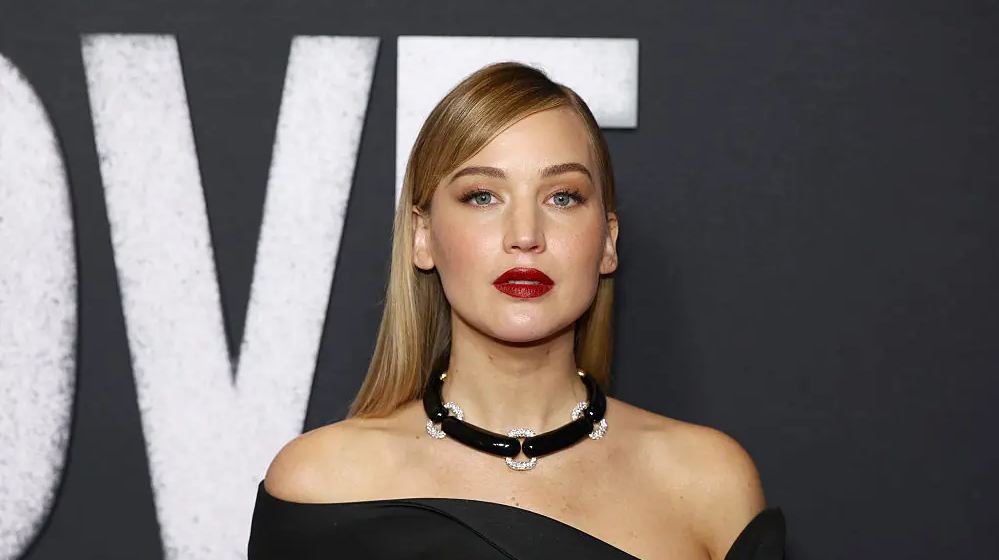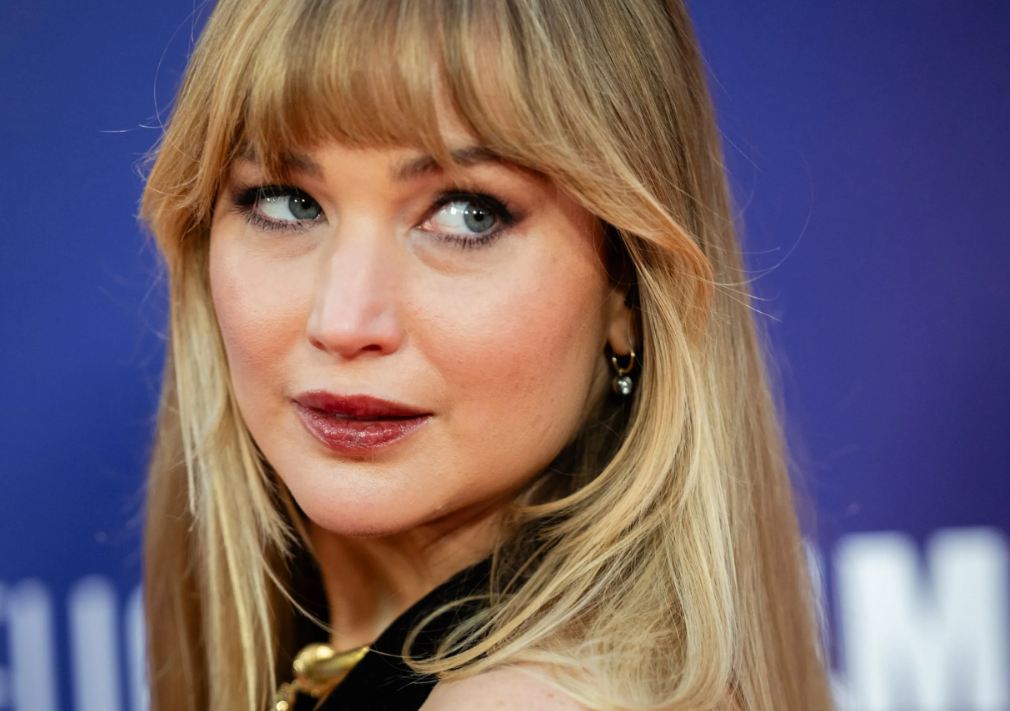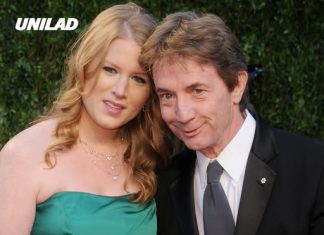Actors can often feel vulnerable when filming intimate or emotionally heavy scenes, but for Jennifer Lawrence the experience on her new film Die My Love alongside Robert Pattinson was markedly different. She revealed that she and Pattinson opted not to employ an intimacy coordinator, a decision she said was rooted in her comfort with him and the sense of safety she felt. Because of that trust, the typically formal mediated role of an intimacy coordinator was set aside, and they moved forward without one.
Lawrence emphasised that on previous productions, such coordinators had been necessary in her view. But in this case, she felt confident in her co-star’s conduct and their mutual respect.
Speaking Out on Male Co-Star Dynamics
During a podcast conversation with hosts Bowen Yang and Matt Rogers, Lawrence shared candid thoughts on the industry’s power dynamics, particularly when female actors decline advances or maintain boundaries. She remarked that “a lot of male actors get offended if you don’t want to sleep with them, and then the punishment starts.” She contrasted that pattern with her work alongside Pattinson: “He was not like that,” she said, adding that he was “not pervy” and that they mostly talked about their children and relationships rather than any awkward ‘Does he think I like him?’ dynamic.
Her comments opened up a broader conversation about how female performers may navigate intimate scenes, personal boundaries and professional respect on set.

The Context of the Film
Die My Love was directed by Lynne Ramsay and explores the unraveling of a woman’s mental state after childbirth. Lawrence plays the lead role and is credited as a producer. The story, adapted from a novel, delves into postpartum distress, relationships and identity. On set, Lawrence said she was also pregnant during filming with her second child, which she described as freeing: she no longer felt pressured by perfection or about hiding cellulite. She recalled being sent a close-up of some cellulite and saying, “No. That’s an a––.” Her comfort stemmed partly from her changed mindset and partly from the safe environment created by her collaborators.
Why the Decision Matters
The role of the intimacy coordinator has become more prominent in Hollywood following the #MeToo era, intended to protect actors from emotional or physical risk during intimate scenes. Some actors embrace the role while others, like Lawrence in this instance, decline it—usually because they trust their co-star and the creative environment. In opting out, Lawrence signalled both a strong professional relationship and a personal sense of boundary and agency. Her decision raises questions about when these safeguards should be used and how the actor-to-actor dynamic can itself serve as a stabilising factor.
What It Suggests for the Industry
Lawrence’s remarks shine a spotlight on the delicate ecosystem in film production: trust, power dynamics, comfort, and agency all play a role in how intimate scenes are handled. She suggested that working with someone respectful, mature and aligned in priorities (in this case, parenthood and partnership) made a difference. Her experience suggests that while formal safeguards are essential, the human chemistry behind the scenes also matters deeply. It also raises awareness for female actors who may have encountered negative responses when asserting boundaries—Lawrence’s blunt mention of being “punished” by male co-stars if she refused to engage filters into a broader industry challenge of consent, respect and creative safety.

Final Thoughts
Jennifer Lawrence’s openness about her on-set experience invites reflection. The filmmaking environment is evolving faster than ever, with intimacy coordinators, rigorous protocols and public scrutiny becoming standard. Her words emphasise that even within that shifting landscape, the core remains human: mutual respect, shared goals and clear communication. For her, declining an intimacy coordinator wasn’t a statement against the concept—it was an affirmation of the trust she felt in her co-star and the team. And that trust enabled her to perform, to film vulnerable scenes and to feel secure while doing so.

















